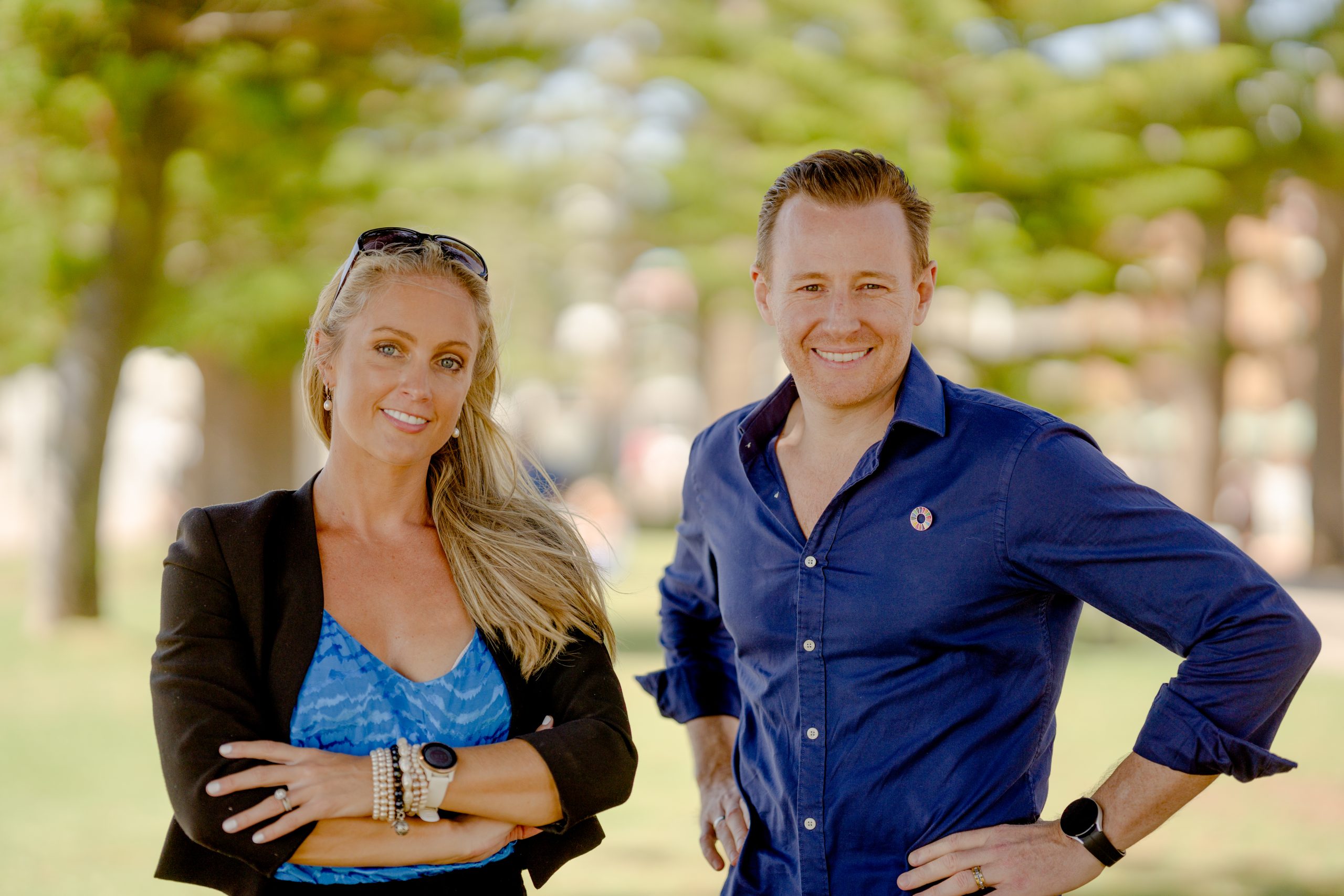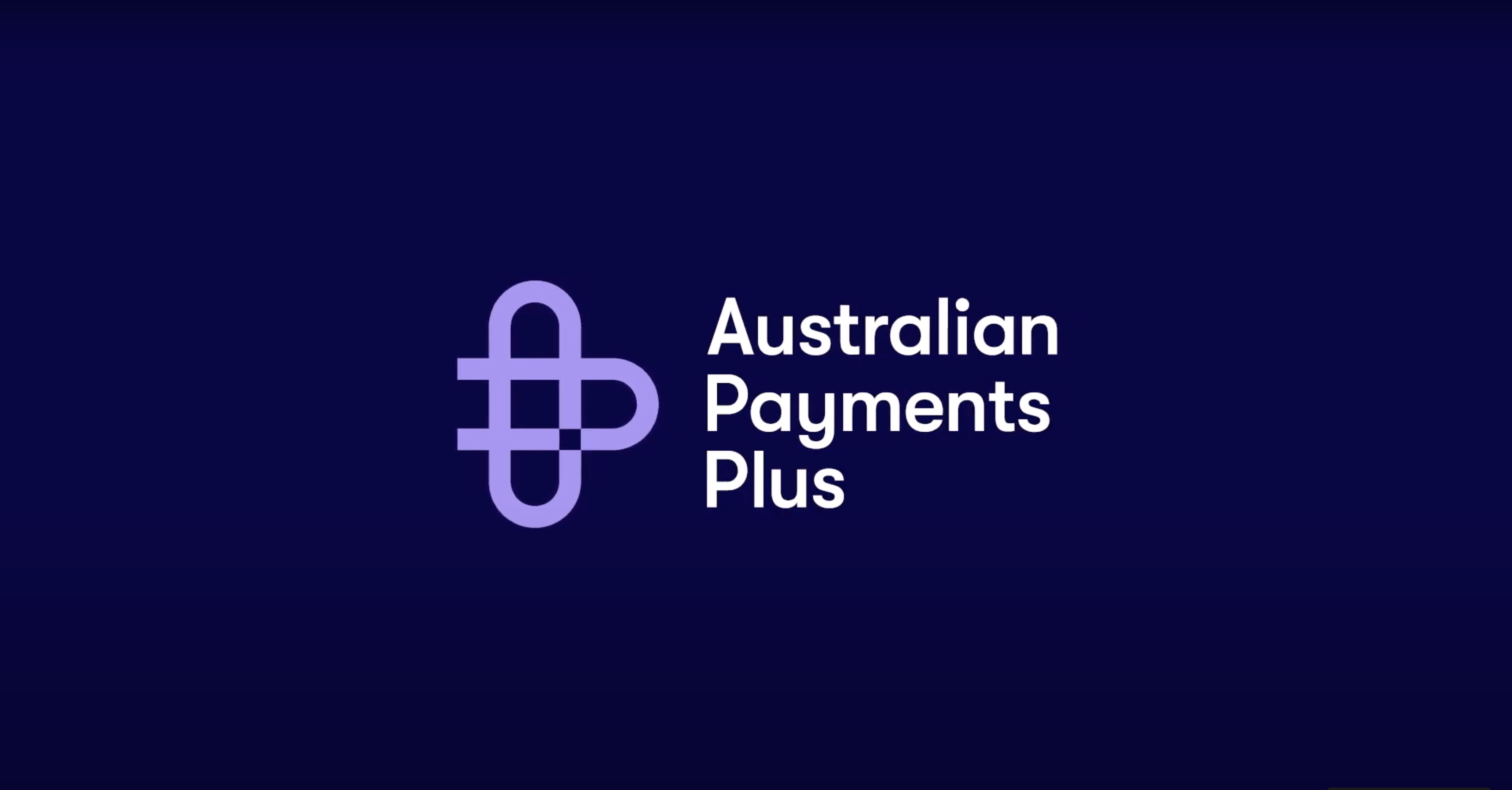You’re the founder or CEO of a finance or technology company. And you’re positive you’re onto the next big thing.
You’ve raised capital, assembled a world-class team, and may even be considering an IPO on the ASX within the next year or two – if you’re not already listed.
But Australia’s top journalists still don’t pick up the phone and ask for your opinion on stories in your sector.
Worse still, your competitors are quoted regularly. Even though your insights are obviously far more interesting and credible!
Your news is also perfect fodder for TV or the AFR, The Australian, SMH, Daily Telegraph, and trade press. But it isn’t getting covered for some reason.
Maybe you’ve even dabbled with engaging a PR firm, or hired media professionals, but they just didn’t achieve the consistent, strategic, and tier-1 results you were looking for.
Does any of this resonate?

A rapidly evolving media landscape
Over the past decade alone, we’ve seen newsrooms dwindle, entire publications shut down, massive consolidation, and droves of journalists switching sides to try their hand at content writing or PR.
This has put incredible pressure on the remaining journalists left to field thousands of pitches each week.
We’ve simultaneously seen capital markets pile billions into finance and technology companies, resulting in much bigger successes, but also many spectacular failures.
As a result, the remaining journalists want increasingly bigger and more credible news. But they are also far more skeptical.
Seed-stage capital rounds, phase I or II clinical trials, or launching a product with the potential to disrupt an industry is not enough to raise a journalistic eyebrow, or stand out in an inbox overflowing with similar pitches.
Journalists are also not interested in companies that may disappear in a year or two. Unless there might be a controversy they can break with a scandalous headline, of course!
The need for trust, transparency, writing skill, relationships, credibility, consistency, and an eye for newsworthiness has never been greater when it comes to cracking the news cycle.
The stakes, risk, scarcity, and consequent value of media have also never been higher.
So how does this relate to your ability to get media?
Company characteristics
A range of factors specific to you and your company will impact how you approach this changing media landscape. Have a look at the accompanying table for more detail on this.
Your size, maturity, and geographic scope will affect both your available budget for external help, and the newsworthiness of your stories.
Your risk of regulatory or legal consequences for misspeaking will affect the value of professional assistance, as will the calibre of the media you’d like to break into.
The newsworthiness of your sector, the volume of newsworthy milestones you are currently achieving, and your credibility as an industry thought leader will influence how interested journalists will be in you.
And if media exposure could potentially open doors to significant capital, or a key customer or partner that could generate significant uplight in your valuation or revenue, this will greatly affect the budget you should allocate to media.
Selecting an approach to media: DIY, agency, in-house
DIY or specialist freelancer
A DIY approach may be best if your company is earlier-stage, in a low-risk and/or unregulated sector, achieving ad-hoc rather than regular newsworthy milestones, and unable to allocate an agency-level budget.
If this sounds like you, begin your DIY strategy by scanning the paper and finding the journalists writing about your industry. Then start building a personal relationship over social media such as Twitter and LinkedIn – don’t just jump in and start pitching them.
Get on their radar by engaging with their posts and providing your brilliant and relevant perspective.
You can also meet journalists in real life by attending events they will be speaking at, such as the SMH or AFR Summits, or industry events.
Once you’ve made contact once or twice, and especially if you’ve impressed them with your (non-self promotional!) insights, journalists will be more open to hearing from you when you have your own company news to share.
If the stakes are a little higher, and the risks of saying the wrong thing are real, you could instead find a freelancer with sector experience to manage your media engagement on either a project or ongoing basis.
This will hopefully give you a taste of what is required to successfully engage with media, and prepare you for the longer-term and more strategic approach of an agency down the track.
PR agency
The best time to engage a PR agency is usually when you have a large announcement to kick things off, such as closing a sizable capital raise with notable investors, or landing a multi-million dollar or global deal.
This is when the upper-echelon of tier-1 media usually deem you to be newsworthy – even if you’ve been in business for several years, or have been featured in some media previously.
You will also need to confidently anticipate enough business momentum for at least three or four more large announcements over the following six to 12 months before seeking out an agency.
If this sounds like you, you should start the selection process by assessing the agency’s track record with companies both in your industry, and at your company’s stage of maturity.
If you’re a fast-growing fintech startup, as an example, the agency that represents CommBank or other much larger organisations probably won’t be right for you!
Agency size does matter, and for a fast-growth or challenger brand like you, bigger is not always better.
You do not want to be one of your agency’s smallest clients. You do not want to deal with senior partners who have forgotten how to hustle in the new media environment. And you do not want to be sold into an engagement by partners, and then managed by juniors and interns.
You instead want an agency that is built for future category leaders like you, run by founders and executives who engage with you regularly and who will view you as one of their most important clients.
The agency should also represent well-known companies in your sector, who are not direct competitors. This means the agency will hold deep and personal relationships with the journalists who will regularly need spokespeople on topics relevant to you.
Finally, a quality agency will also discuss your expectations around media volume in relation to budget prior to commencing, and be completely honest and realistic with you regarding what is achievable.
They may even have to reset your expectations a little around what is achievable. And they certainly won’t be promising you the world at the risk of under-performing.
Internalise the function
You may eventually be best served by one or a team of PR professionals operating internally.
But until your budget and scope for an agency cannot handle the huge volume of your incoming media requests, you’re probably better off leaving it with the specialists.
And even in this scenario, most companies also keep a specialist firm retained to handle special projects and highly sensitive topics with the most important or difficult journalists. Even CommBank.











